In this final week of the upcoming NSW State election, there is still much angst amongst Christians on how best they should cast their vote for the NSW Legislative Council (Upper House) to reflect their faith and biblical beliefs.
With the demise of the Christian Democratic Party (CDP) and now the retirement (at these elections) of its leader the Rev Hon Fred Nile MLC, there will not be, after 42 years, a Christian political party represented on the ballot paper on March 25. Whilst there are of course a host of quasi-Christian, would-be-Christian, or fake Christian candidates offering themselves for the election in the Legislative Council’s Upper House, make no mistake that the Christian vote is struggling to find a suitable candidate.
Moving on as the NSW State Director for the CDP after the 2015 elections, I have seen a drastic decline in support for both the CDP and Christian candidates in general. A cursory glance at the trend below is indicative of the battle the Christian voter faces on Saturday given the demise of the CDP, the decline in the support for a Christian political party, and in 2023 no registered Christian political party for whom to cast a vote.
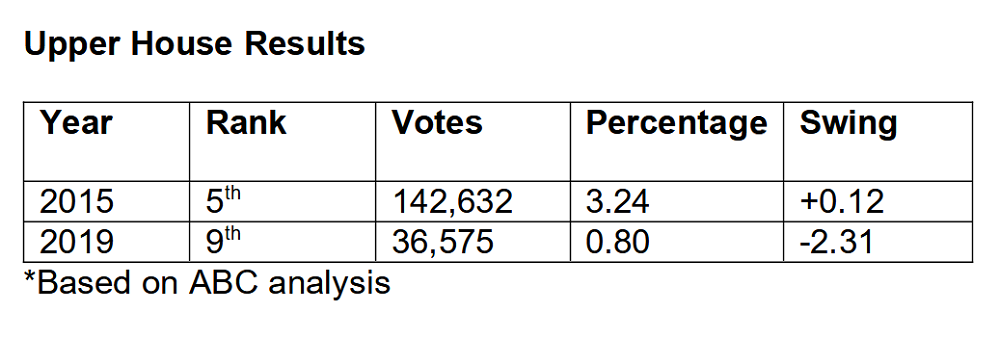
The real issues for many Christian voters still centre on religious freedom, parental rights, Woke education, and pro-life issues (abortion, euthanasia, etc.) but the truth remains that without Fred Nile, there is a huge void that needs to be filled and this void is likely to be filled by either Mark Latham’s One Nation or the Liberal Democrats.
A prophetic glance at the party ranking for these elections is likely to be as follows: 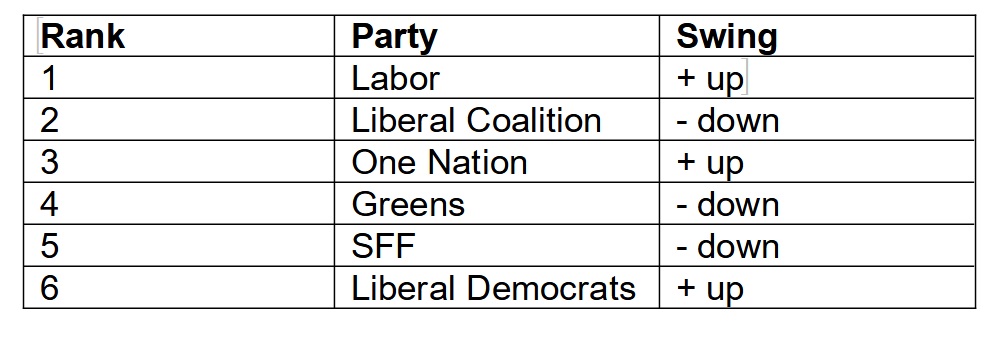
Interestingly, both parties are vying for the Christian vote with the NSW Labor leader Chris Minns having made an election pledge of $15 million to boost the safety and security of religious communities, a week after NSW Premier Dominic Perrottet announced the Liberals and Nationals would invest $10 million to the same cause. This is the number one problem that many of the ‘fair-weather’ or ‘would-be’ Christians in this election face – they have nothing to offer the electorate in terms of dollars.
The second problem they face is that they are committing electoral cannibalism in that they are chewing up left-over available votes from the undecided major party voters. There are at least six independent candidates that are all claiming to represent Christians, yet their preferences are directed at either non-Christian parties or independents who have little, if any, chance of obtaining the required quota.
The third problem the so-called Christian candidates face is that the electorate is ignorant or uneducated on how best to cast their votes. For example, it can be argued that if you leave more than 1 box empty (Upper House), you risk having absolutely no say over who wins the last seat and that may be the person who holds the balance of powers in the Legislative Council. Leaving boxes empty is the same as saying, for example, ‘I don’t care whether Animal Justice, Labor, Socialists, Coalition, or the Greens have a majority or hold the balance of power.’
In my opinion it is almost guaranteed useless, even counter-productive, to vote ‘Below The Line’ (BTL) despite any well-intentioned advice to the contrary. Even if there is a very good candidate whom a voter wants to move up to the top of the party ticket, that is highly unlikely to improve results and in fact, risks making it harder for the party.
The final issue faced by the ‘Christian’ candidates is that there is a strongly held view that ‘Church and State’ do not mix and should be kept separate meaning that Christian voters will cast their votes for the major parties based on economic and hip-pocket issues.
That said, it is also understood that involvement in, and engagement with, the democratic process is an important part of being a Christian.
The Scriptures urge Christians in 1 Timothy 2:1-4 to pray regularly for those in power but there is also the case for the Christian voter to pray for themselves as they need to ensure they ‘Vote Wisely’. Christians cannot assume that voting for a Christian party or candidate is best.
For example, neither of the major party leaders is a true Christian in the sense that neither has voted on a biblical worldview basis and actually, both leaders will need to reflect on how they voted on certain pro-life bills such as euthanasia and abortion.
So, how in God’s name should the Christian vote? In brief, it comes down to one’s biblical worldview and if one is a biblical-believing Christian then one would be looking to cast a vote that is good for our society and a vote that ultimately glorifies God.
Our Judeo-Christian heritage means Christians need to vote whilst observing the Christian values which, as the preamble to Australia’s Constitution says, ‘humbly relying on the blessings of Almighty God’.
Alfred Deakin, one of the fathers of Australia’s Constitution and Australia’s second Prime Minister, offered the following prayer after the Constitution was finally ratified: ‘We pray that it may be the means of creating and fostering throughout all Australia a Christ-like Citizenship.’
Henry Parkes, known as the Father of Federation (1901), had a vision for Australia as ‘one people with a destiny… As we are British people – we are pre-eminently a Christian people – as our laws, our whole system of jurisprudence, our constitution … are based upon and interwoven with our Christian belief…’
So, vote wisely. Whatever the outcome our modus vivendi is at stake.
Greg Bondar was State Director of CDP and currently the National Director of Christian Voice Australia.
Got something to add? Join the discussion and comment below.
Get 10 issues for just $10
Subscribe to The Spectator Australia today for the next 10 magazine issues, plus full online access, for just $10.

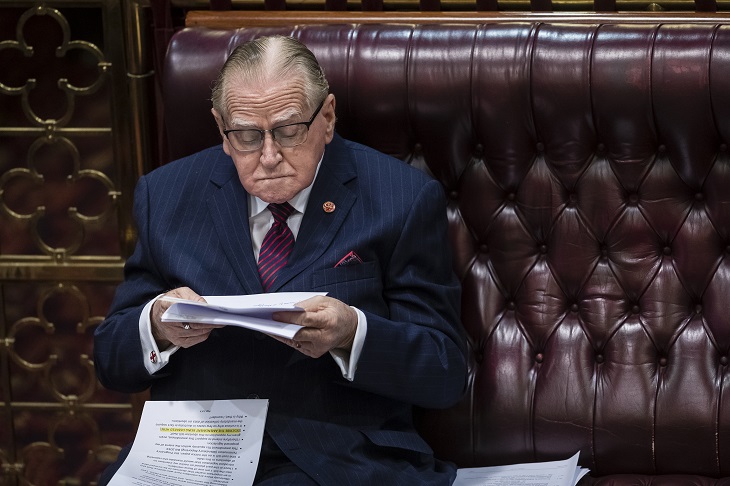
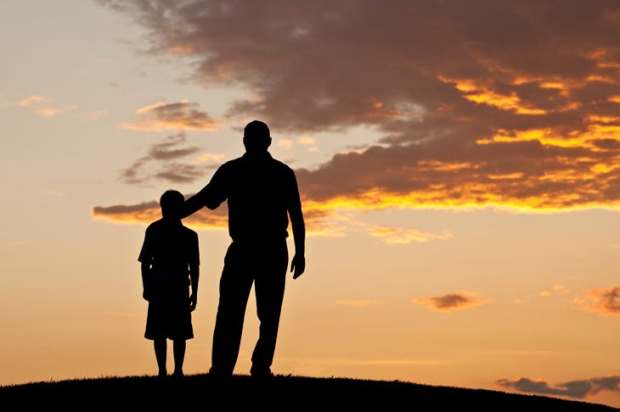
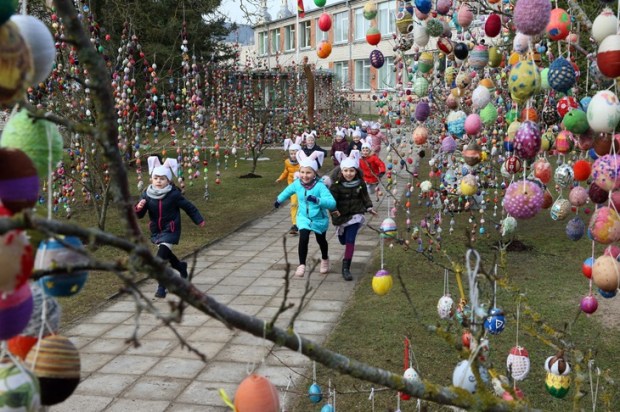


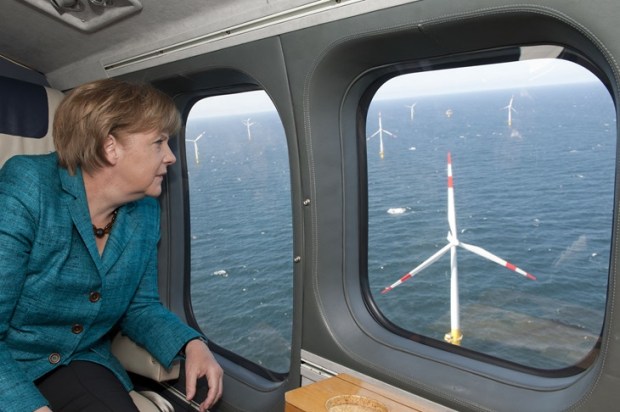



















Comments
Don't miss out
Join the conversation with other Spectator Australia readers. Subscribe to leave a comment.
SUBSCRIBEAlready a subscriber? Log in